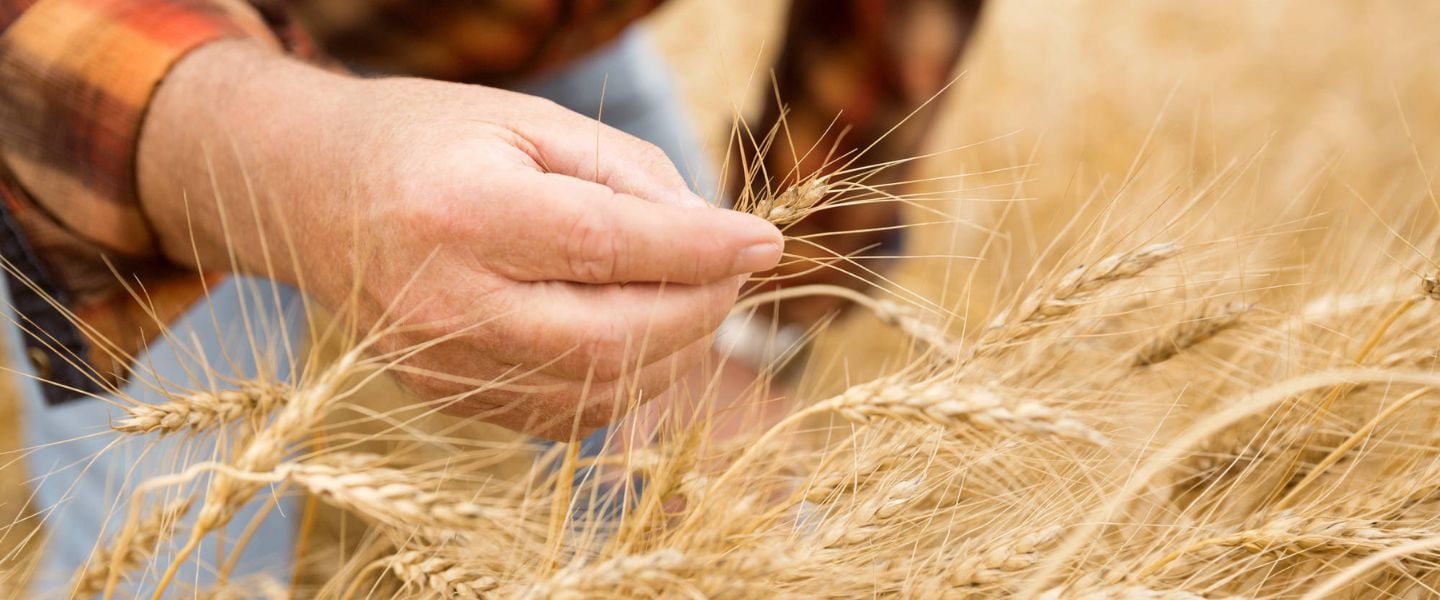
The agricultural productions of different Argentine provinces are being affected by drought, late frosts, fires or plagues. For this reason, the provincial governments together with the National State, through different decrees, have applied Law 26.509 on Agricultural Emergency.
Julia Adano, leading tax partner and Agribusiness benchmark at Grant Thornton Argentina, comments that producers who see their sources of income generation compromised, located in districts declared in a state of emergency and/or disaster, in accordance with the aforementioned Law may receive financial assistance and access certain benefits to alleviate the tax burden. Some of them are:
-
Extension of the expiration or exemption of the payment of taxes whose expiration operates during the emergency. The extensions for the payment of taxes will have an expiration term until the next productive cycle to the one in which said period ends. They will not be subject to update of the nominal values of the debt;
-
Suspension of up to ninety (90) days and/or productive cycle after the end of the period of agricultural emergency or disaster zone of the initiation of lawsuits and administrative procedures for collection of debts due prior to the emergency or agricultural disaster. Trials already started must be paralyzed for the same period. The course of the procedural terms of the expiration of instance and prescription will also be suspended;
- Suspension of advance payment of Income Tax for all producers with difficulties or covered by the emergency and will be carried out by AFIP with special focus on those producers with more than $50 million declared profit in 2022;
-
If forced sales of animals was made in accordance with the parameters stipulated by the norm, 100% of the benefits derived from them may be deducted from the tax balance of the income tax;
-
The liabilities will be financed under the same conditions in which the credits were granted with a deferral of 360 days. Likewise, Banco Nación would make available a line of credit for producers with a reduction in the interest rate, which would be subsidized by 15 points.
In addition, the Central Bank is considering canceling the measures that increased the rate for those producers who could access credit and had been limited by the issue of the liquidation of the soybean dollar.
In order to determine under which regime the producers will benefit, the percentage affected by the production or production capacity is taken into account. When this is between 50 and 79 points, the categorization as an emergency zone corresponds; while, if it is higher than 80%, it will be considered a disaster area.
Which are the departments reached and until when
The different provinces have indicated which are the departments and localities affected by the state of emergency and/or disaster and have determined the end date of the productive cycle according to the level of affectation of the productions.
Provinces not yet declared by Nation
Although as of January 31, 2023, the National Government, through the Ministry of Agriculture, Livestock, Fisheries and Food, did not yet declare a state of emergency and/or agricultural disaster in some provinces, some Provincial Governments did.
The Provincial Ministries of Production must negotiate with the National Executive Power the necessary instruments for the declaration of emergency and/or disaster, in order to fully benefit from the scope of the Agricultural Emergency and Disaster Mitigation System stipulated in Law N°26.509.
However, the Minister of Economy, Sergio Massa, announced that the measures regarding earnings, suspension of lawsuits and embargoes, financing of liabilities and credits, and participation in the revolving assistance fund will also be added to those adopted by the provinces.
Our Agribusiness team, together with the Tax team, are prepared to accompany you in the difficult moment that the industry is going through and advise you to invoke the state of emergency and/or disaster. If you want to know more, contact us.
